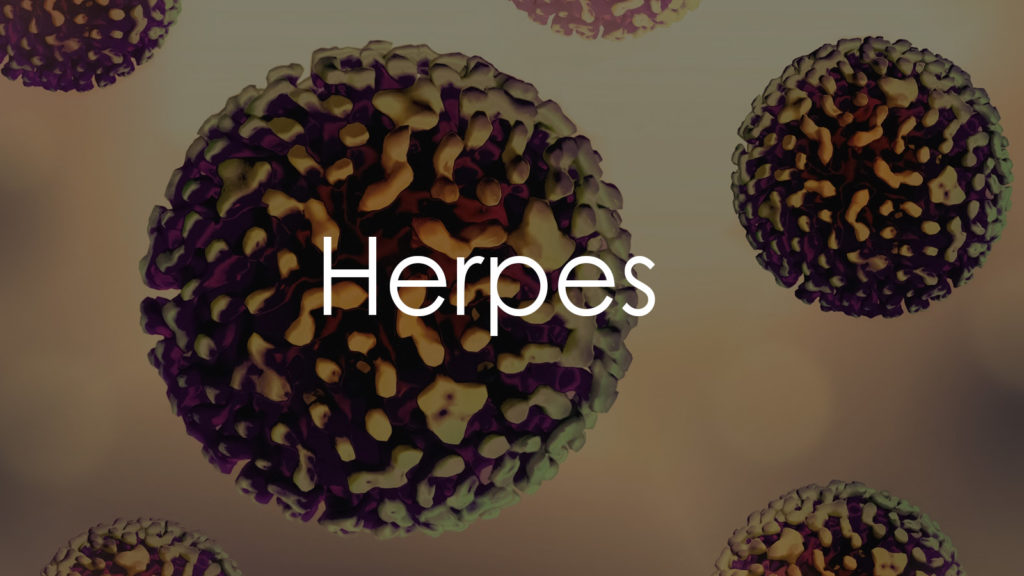Herpes treatment aims to alleviate symptoms, speed up healing, prevent recurrences, and reduce the risk of spreading the virus. While there is no cure for herpes, treatments can significantly improve the quality of life for those affected by the virus.

Antiviral Medications
Antiviral medications are the cornerstone of herpes treatment. They work by inhibiting the replication of the herpes virus, thereby reducing the severity and duration of outbreaks.
Oral Antivirals
Oral antiviral medications are commonly prescribed for both HSV-1 and HSV-2 infections.
- Effectiveness: Oral antivirals are highly effective in reducing the severity of symptoms and the duration of outbreaks.
- Usage: Typically taken at the onset of symptoms or as a preventive measure in chronic cases.
- Side Effects: Possible side effects include nausea, headache, and dizziness.
Topical Antivirals
Topical antiviral creams or ointments are applied directly to the affected area.
- Effectiveness: Topical treatments can help reduce pain and speed up the healing of sores, especially when applied early.
- Usage: Best used at the first sign of an outbreak, such as tingling or itching.
- Side Effects: Skin irritation or redness may occur at the application site.
Intravenous Antivirals
In severe cases, intravenous antiviral medications may be administered in a hospital setting.
- Effectiveness: IV antivirals are used for severe or disseminated herpes infections, such as herpes encephalitis or neonatal herpes.
- Usage: Administered under medical supervision, typically in a hospital.
- Side Effects: Can include vein irritation, headache, and gastrointestinal symptoms.
Suppressive Therapy
Suppressive therapy involves the regular use of antiviral medications to prevent recurrent outbreaks.
Long-Term Antiviral Use
For individuals with frequent recurrences, long-term antiviral therapy can be beneficial.
- Effectiveness: Suppressive therapy can reduce the frequency and severity of outbreaks by up to 80%.
- Dosage: Lower doses of antiviral medications are taken daily for an extended period.
- Benefits: Helps prevent outbreaks and reduces the risk of transmitting the virus to others.
Periodic Outbreak Treatment
Some individuals may opt for episodic treatment, taking antiviral medications only during outbreaks.
- Effectiveness: Episodic treatment helps to control symptoms and shorten the duration of outbreaks.
- Usage: Antivirals are taken at the first sign of an outbreak for a short period.
- Flexibility: Suitable for individuals with infrequent or predictable outbreaks.
Lifestyle and Home Remedies
In addition to medical treatments, lifestyle changes and home remedies can play a supportive role in managing herpes.
Stress Management
Stress is a known trigger for herpes outbreaks, so managing stress is crucial.
- Techniques: Stress management techniques include yoga, meditation, deep breathing exercises, and regular physical activity.
- Benefits: Reducing stress can help prevent outbreaks and improve overall well-being.
Dietary Considerations
Certain dietary changes can support the immune system and potentially reduce outbreak frequency.
- Balanced Diet: A diet rich in fruits, vegetables, lean proteins, and whole grains supports overall health.
- Avoiding Triggers: Some individuals find that certain foods, like nuts and chocolate, trigger outbreaks and may choose to avoid them.
- Supplements: L-lysine supplements are sometimes used, although their effectiveness varies.
Good Hygiene Practices
Maintaining good hygiene is important to prevent the spread of herpes.
- Hand Washing: Regular hand washing, especially after touching affected areas, helps prevent the virus from spreading.
- Avoiding Contact: During an outbreak, avoid touching sores and refrain from kissing or sexual contact to prevent transmission.
Supportive Therapies
Supportive therapies can help manage symptoms and improve quality of life for individuals with herpes.
Pain Relief
Pain and discomfort from herpes sores can be managed with various pain relief methods.
- Over-the-Counter Medications: Analgesics like acetaminophen or ibuprofen can help reduce pain and inflammation.
- Topical Analgesics: Creams containing lidocaine or benzocaine can provide localized pain relief.
Cold Compresses
Applying cold compresses can help reduce swelling and numb pain in the affected area.
- Application: Use a clean cloth or ice pack wrapped in a towel, applied to the area for 15-20 minutes.
- Frequency: Repeat several times a day as needed for relief.
Herbal Remedies
Some individuals find relief from symptoms using herbal remedies, though scientific evidence varies.
- Aloe Vera: Known for its soothing properties, aloe vera gel can be applied to sores to reduce pain and promote healing.
- Lemon Balm: Lemon balm extract or cream may have antiviral properties that help reduce symptoms and speed up healing.
Preventive Measures
Preventive measures are essential to reduce the risk of herpes transmission and manage outbreaks effectively.
Safe Sexual Practices
Practicing safe sex is crucial to prevent the spread of genital herpes.
- Condom Use: Consistent and correct use of condoms can significantly reduce the risk of transmission.
- Disclosure: Open communication with sexual partners about herpes status is important for mutual protection.
Avoiding Triggers
Identifying and avoiding personal triggers can help manage herpes.
- Common Triggers: Stress, illness, sun exposure, and certain foods are common triggers.
- Prevention: Keeping a symptom diary can help identify and avoid specific triggers.
Vaccination
Research is ongoing for vaccines to prevent herpes, but as of now, there is no approved vaccine for HSV.
- Future Prospects: Ongoing research may lead to effective vaccines that could prevent herpes infection in the future.
- Current Status: Existing vaccines for other conditions do not protect against herpes.
Conclusion
The treatment of herpes involves a combination of antiviral medications, lifestyle modifications, and supportive therapies. While there is no cure for herpes, these treatments can effectively manage symptoms, reduce the frequency of outbreaks, and lower the risk of transmission. By adhering to medical advice, practicing safe habits, and managing stress, individuals with herpes can lead healthy and fulfilling lives. Staying informed and proactive in managing the condition is key to controlling herpes and improving overall well-being.